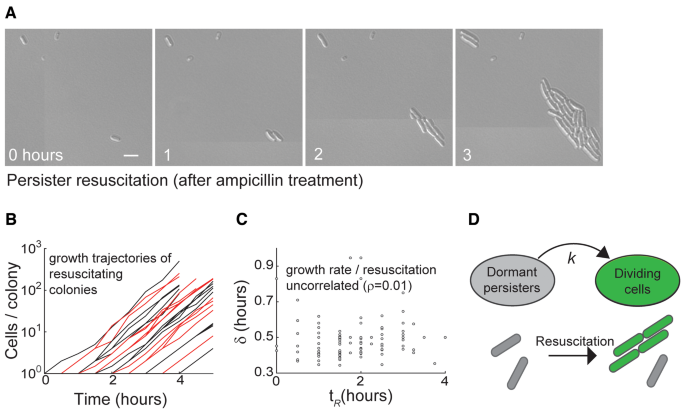2023-05-03 ニューサウスウェールズ大学(UNSW)
◆この調査は、オーストラリア全土の子供や若者の精神保健に対するCOVID-19の影響を評価する最初の研究の1つである。結果は、小児の精神保健システムに圧力をかけ、未来にわたって入院が必要な子供たちを減らすために、早期介入に投資する必要があることを示している。
<関連情報>
- https://newsroom.unsw.edu.au/news/health/more-children-and-adolescents-mental-health-crisis-beginning-covid-19-pandemic-study
- https://publications.aap.org/pediatrics/article/151/5/e2022058948/191053/COVID-19-and-Pediatric-Mental-Health
COVID-19と小児精神保健入院の関係
COVID-19 and Pediatric Mental Health Hospitalizations
Jahidur Rahman Khan, Nan Hu, Ping-I Lin, Valsamma Eapen, Natasha Nassar, James John, Jackie Curtis, Maugan Rimmer, Fenton O’Leary, Barb Vernon, Raghu Lingam
Paediatrics Published:April 14 2023
DOI:https://doi.org/10.1542/peds.2022-058948

OBJECTIVES
To analyze Australian national data to examine the impact of the coronavirus disease 2019 (COVID-19) pandemic on mental health-related hospital presentations among children and adolescents during the pandemic period with restrictions, and the period after the restrictions eased.
METHODS
We analyzed the monthly mental health-related inpatient admissions and emergency department (ED) attendances data from 6 large pediatric hospitals across Australia, using the Bayesian structural time series models. The COVID-19 restriction period was from March 2020 to December 2021 and the COVID-19 restriction-eased period from January to June 2022.
RESULTS
A total of 130 801 mental health-related hospital admissions (54 907) and ED attendances (75 894) were analyzed. During the COVID-19 restriction period, there was a significant increase in inpatient admissions related to deliberate self-harm behaviors (82%, 95% credible interval [CrI], 7%–160%) and ED attendances related to overall mental health disorders (15%, 95% CrI, 1.1%–30%) and eating disorders (76%, 95% CrI, 36%–115%). The increase was higher among females and those living in the least socioeconomically disadvantaged areas, suggesting a widening gap between mental health-related presentations by sex and socioeconomic status. After the restrictions eased, there were slight declines in mental health-related hospital presentations; however, the numbers remained higher than the pre–COVID-19 levels.
CONCLUSIONS
The increase in mental health-related hospital presentations during the COVID-19 period calls for additional support for pediatric mental health care, particularly for eating disorders and deliberate self-harm among female adolescents. It is important to monitor pediatric mental health service use as we enter “COVID-19 normal” period.


